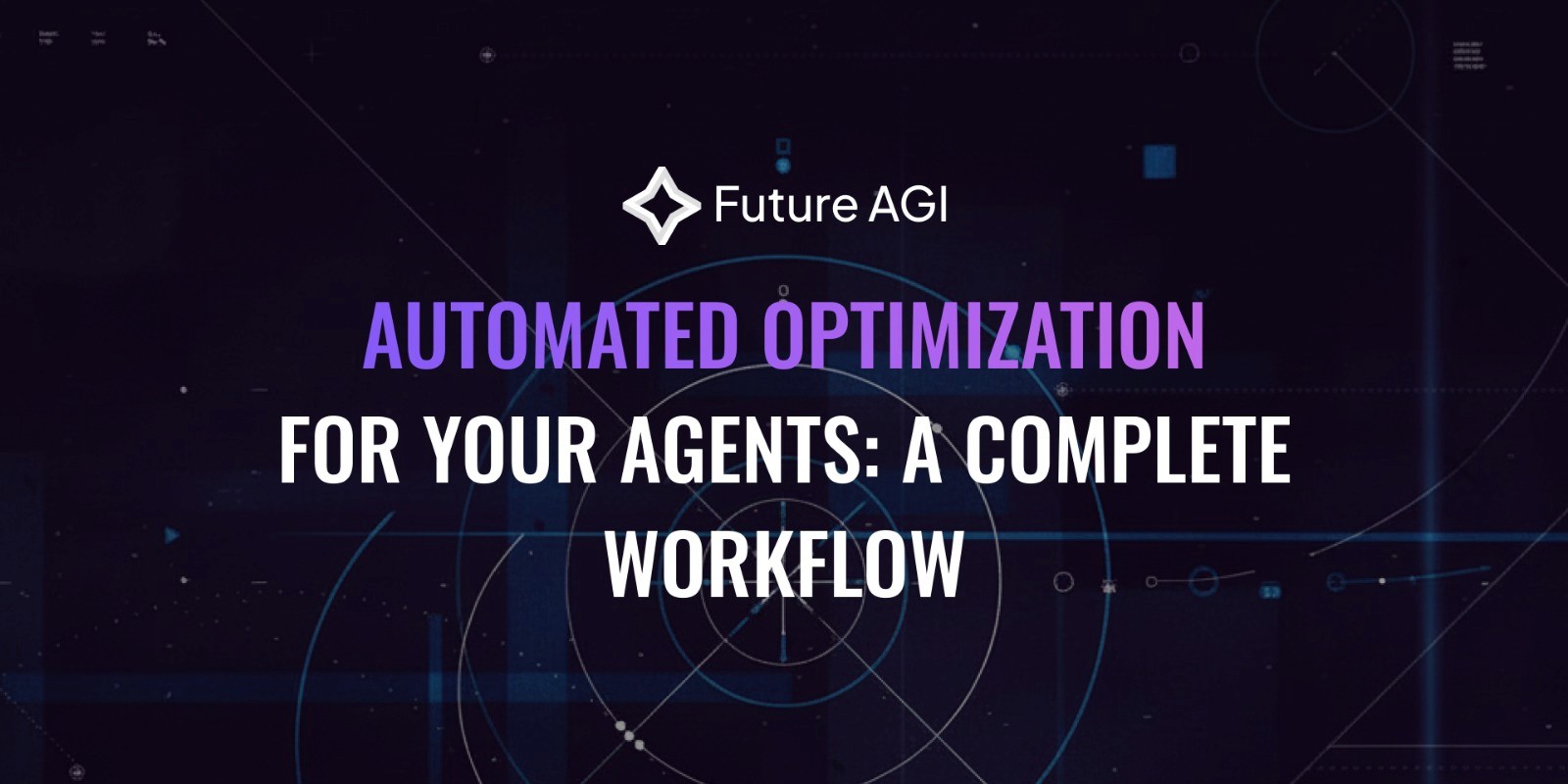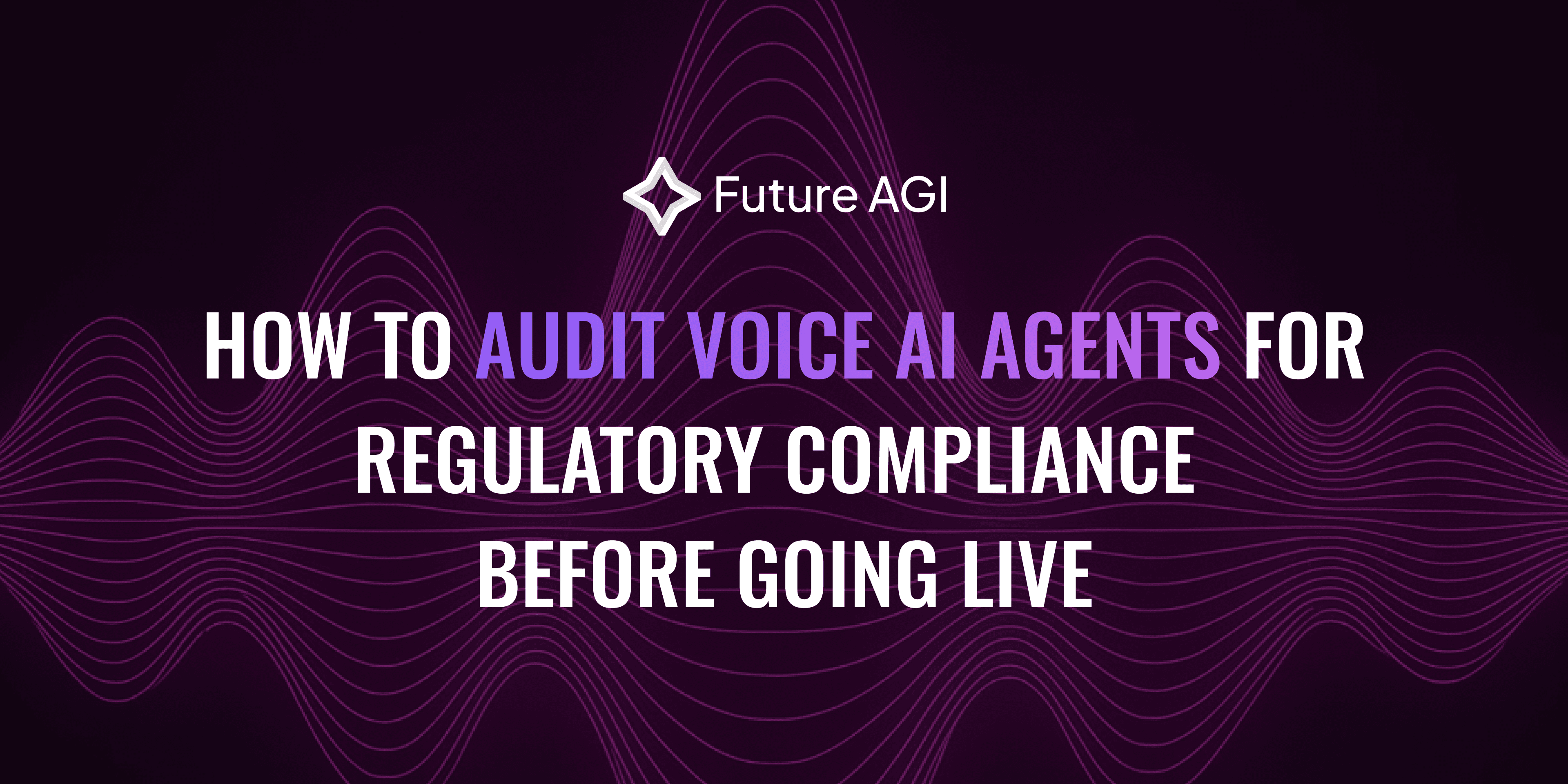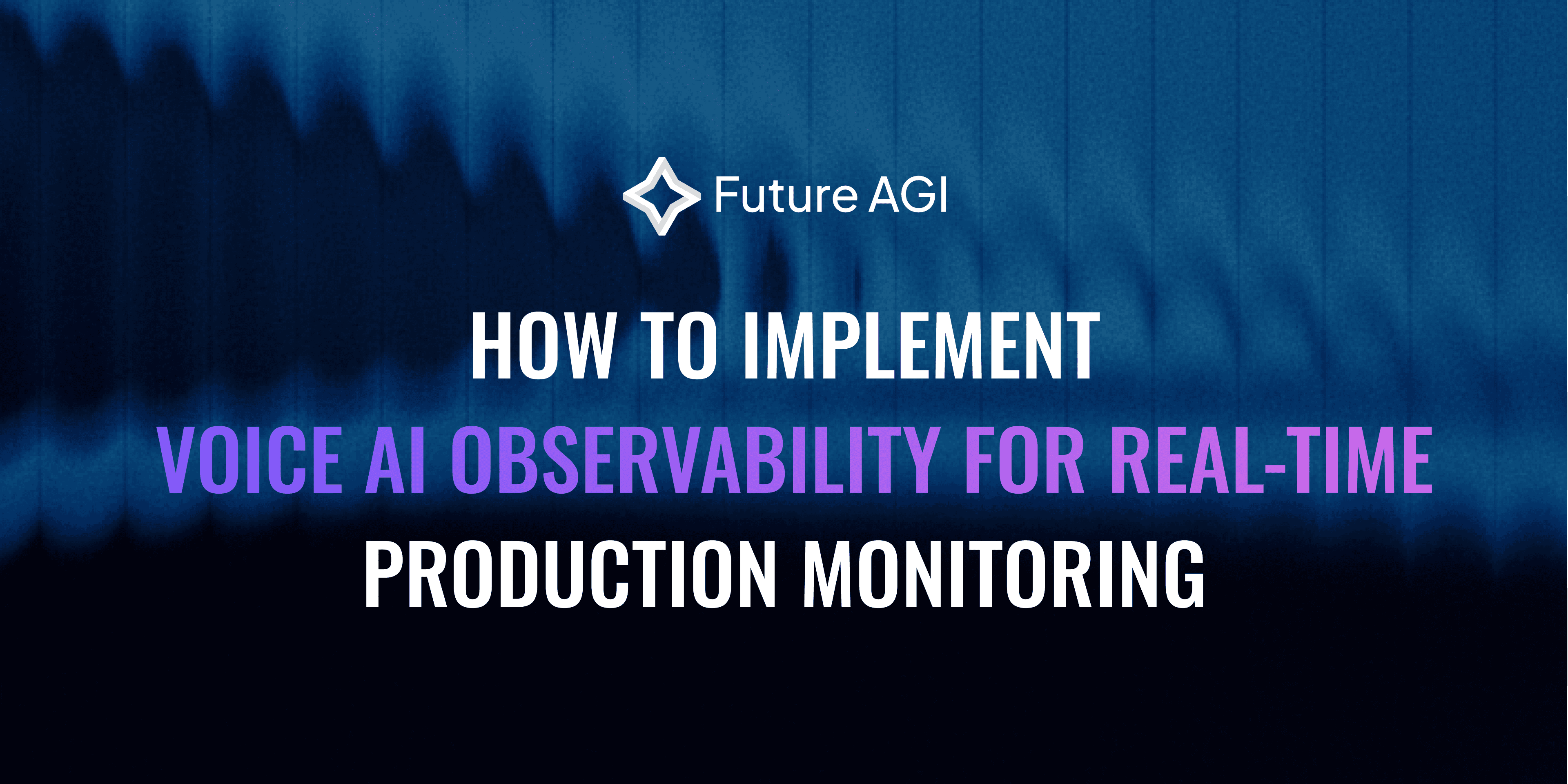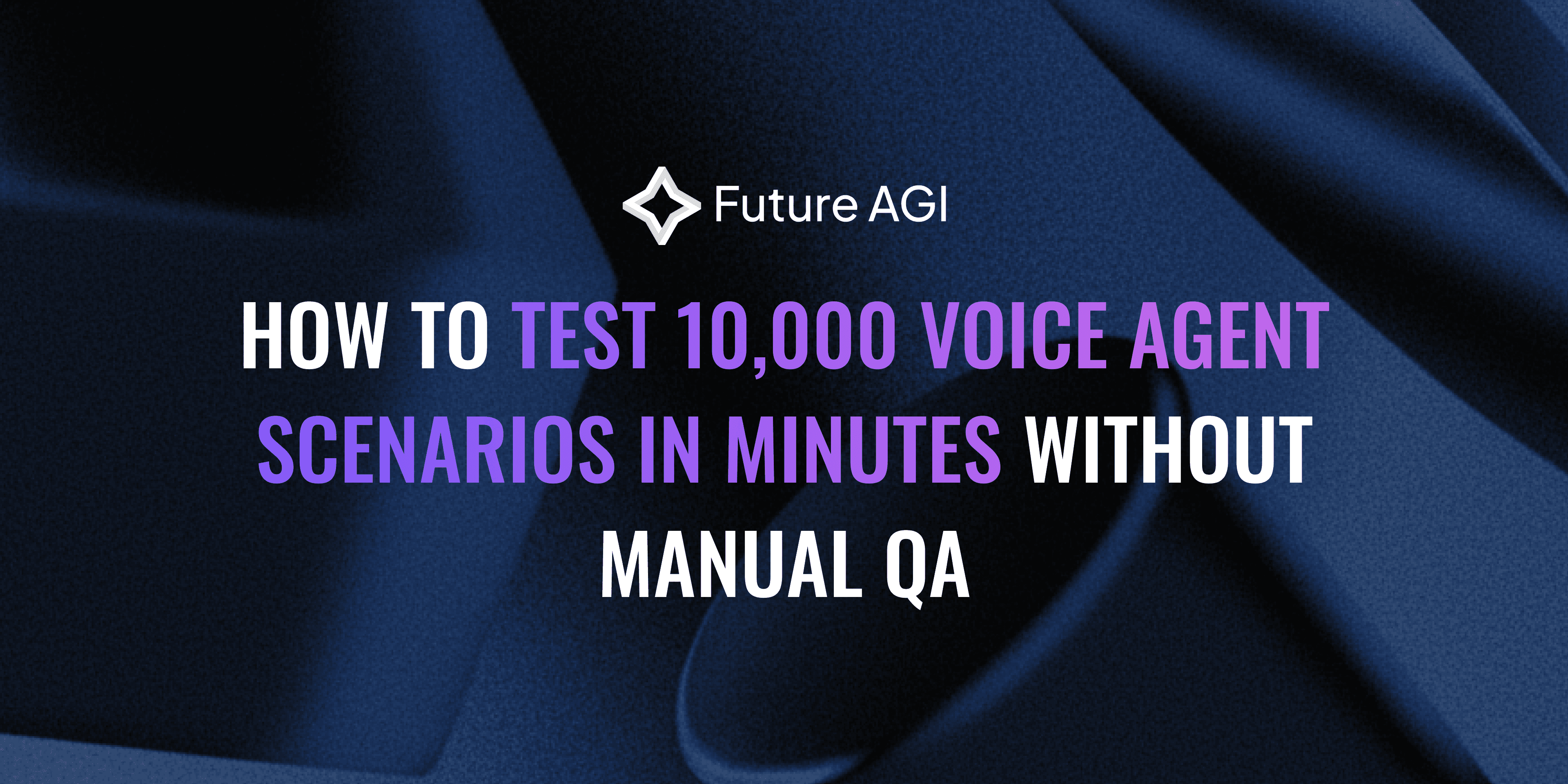Introduction
AI agents have gone from science fiction dreams to everyday reality in a matter of years. They’re everywhere—handling customer support, automating workflows, making recommendations, and even creating content. But like any transformative technology, they come with their share of promise, pitfalls, and unanswered questions.
For data scientists, ML developers, AI product owners, and software engineers, understanding these dimensions is crucial. Whether you’re deploying an AI agent or working on its backend, knowing the good, the bad, and the unknown can help you make smarter decisions and navigate this evolving landscape. Learn more about how to productionize AI-driven applications in our blog on How to Productionize Agentic Applications.
The Good: Why AI Agents Are Revolutionizing Everything
AI agents are changing the game, and here’s how:
1. Automation at Scale
AI agents excel at handling repetitive tasks, freeing up human resources for more complex problem-solving.
Example: Chatbots like those powered by GPT-4 or Claude automate customer queries, providing instant, 24/7 support.
Impact: Businesses save costs while boosting efficiency.
2. Personalization Made Easy
With advancements in natural language understanding, AI agents can tailor interactions to individual users.
Example: Spotify’s AI DJ curates playlists based on listening habits, making every session feel personal.
3. Continuous Learning and Adaptation
Modern AI agents aren’t static—they improve with every interaction, using reinforcement learning to adapt.
Example: Autonomous vehicles analyze road conditions in real time, enhancing safety with each drive.
The Bad: What Keeps Us Up at Night
AI agents are powerful, but they’re far from perfect. Here’s where they fall short:
1. Hallucinations and Errors
AI agents often generate inaccurate or fabricated information.
Example: A legal AI assistant cited non-existent case laws in a client’s brief.
Risk: These errors can erode trust and lead to costly consequences.
2. Ethical Concerns
AI agents can inadvertently reinforce biases present in their training data.
Example: Recruitment agents rejecting candidates based on gender-biased data.
Challenge: Balancing automation with fairness and accountability.
3. Lack of Explainability
AI agents often function as black boxes, making it hard to understand or justify their decisions.
Impact: This opacity can hinder adoption in regulated industries like healthcare and finance.
4. Dependency and Over-Reliance
Over-dependence on AI agents can lead to skill erosion among human teams.
Example: Relying solely on AI for strategic decisions might overlook contextual nuances only humans can provide.
The Unknown: Where Are We Headed?
AI agents are still a frontier technology, and several questions remain unanswered:
1. How Far Can Generalization Go?
Today’s AI agents are excellent specialists but struggle with general tasks.
Emerging Trend: Research in multimodal agents aims to create systems that handle text, images, and actions seamlessly.
2. What Happens When They Compete?
With multiple AI agents in the ecosystem, competition between systems could lead to unpredictable behaviors.
Example: Two trading bots manipulating markets unintentionally.
3. Regulation and Control
Governments are still grappling with how to regulate AI agents.
Challenge: Striking a balance between innovation and safety.
4. Will AI Agents Ever Become Autonomous?
Self-directed AI agents could perform tasks without human input, but this raises ethical, legal, and technical challenges. Explore more about intelligent AI agents and their role in automation and decision-making in our blog on Exploring Intelligent Agents: AI, Automation & Decision-Making.
Benefits vs. Risks
AspectThe GoodThe BadEfficiencyAutomates repetitive tasksOver-reliance can reduce human skillsAccuracyEnhances data-driven decisionsProne to hallucinations and biasesScalabilityScales operations globallyLack of transparency in decision-makingLearningAdapts continuouslyRelies heavily on quality of training data
Adoption Trends by Industry
1. Healthcare: AI agents assist in diagnostics but face scrutiny over inaccuracies.
2. Finance: Fraud detection agents are highly valued, but compliance concerns remain.
3. E-commerce: Chatbots are transforming customer engagement but struggle with nuanced queries.
Recent Advances in AI Agents
1. Agentive AI Frameworks: Research on enabling agents to collaborate across tasks is gaining traction. OpenAI’s recent focus on tool-use APIs for agents is a step toward more functional ecosystems.
2. Explainable AI (XAI): Efforts to make AI decisions interpretable, especially in mission-critical applications like law enforcement and medicine.
3. Autonomous Agents in Gaming: AI systems like DeepMind’s AlphaStar are setting new benchmarks in strategic reasoning.
The Way Forward
For AI agents to succeed, here’s what we need:
1. Ethical Guidelines: Clear standards for deploying agents responsibly.
2. Improved Explainability: Transparent systems to foster trust among users and regulators.
3. Continuous Monitoring: Real-time feedback loops to ensure alignment with goals.










